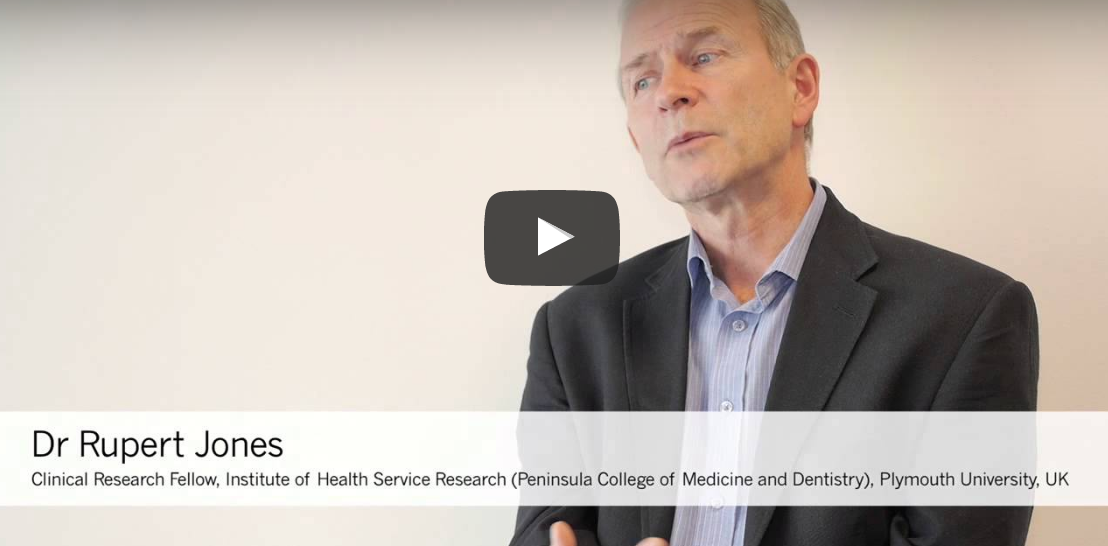The Importance of Monitoring COPD Symptoms
Written by |

First thing’s first: what is COPD? COPD stands for Chronic Obstructive Pulmonary Disease, an illness that causes difficulties breathing due to the airways collapsing. This makes it hard for the patient to expel oxygen from their body.
According to Dr. Kai-Michael Beeh, smoking cigarettes is the main cause for developing COPD, but it’s not the only thing that puts you at risk. You can also develop COPD from a factory work setting or from the smoke around fires or from not having proper ventilation in your home. COPD is very common—by 2020 it is estimated that it keep be the third leading cause of death worldwide.
If you’ve been diagnosed, you already know the importance of managing and tracking your symptoms, some of which include trouble breathing, a night cough or wheeze, and wet coughs. But did you know how important it is to take note of your symptoms in the morning?
MORE: How to best deal with COPD flare-ups
According to the video from Novartis, most COPD patients experience the worst symptoms in the morning as it’s often the busiest and most stressful part of the day. (Some patients experience terrible night symptoms as well.) Dr. Anthony D’ Urzo validates how scary the symptoms can be, and how severely they can impact the patients’ lives. Dr. Miguel Roman Rodriguez wants to maintain one’s current quality of life. Dr. Rodriguez also talks about how often doctors do not take into account how a patient’s life can be impacted, often because “[doctors] are not asking for that.”
Dr. Rupert Jones discusses how important it is that doctors ask the right questions to get the key information they need to be able to treat their patients. One of those key pieces of information is when are your symptoms at their worst? Keeping track of your symptoms with any illness is so important so you can maintain your quality of life or get help with your symptoms when you need it.
MORE: Eight ways to manage life with COPD
COPD News Today is strictly a news and information website about the disease. It does not provide medical advice, diagnosis or treatment. This content is not intended to be a substitute for professional medical advice, diagnosis, or treatment. Always seek the advice of your physician or other qualified health provider with any questions you may have regarding a medical condition. Never disregard professional medical advice or delay in seeking it because of something you have read on this website.




